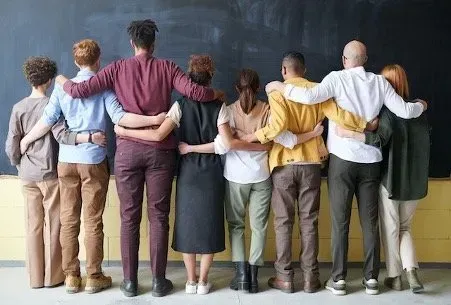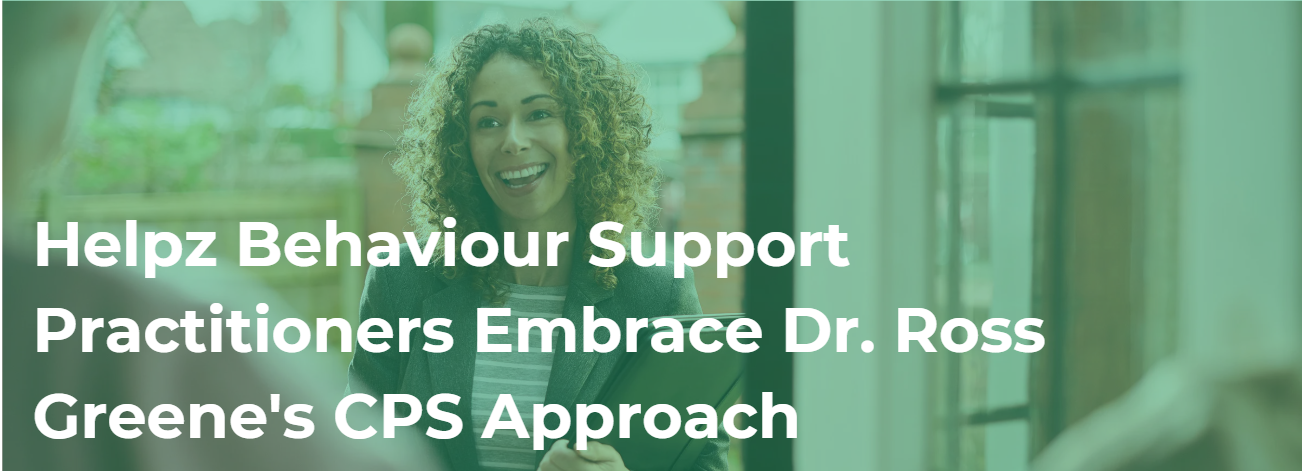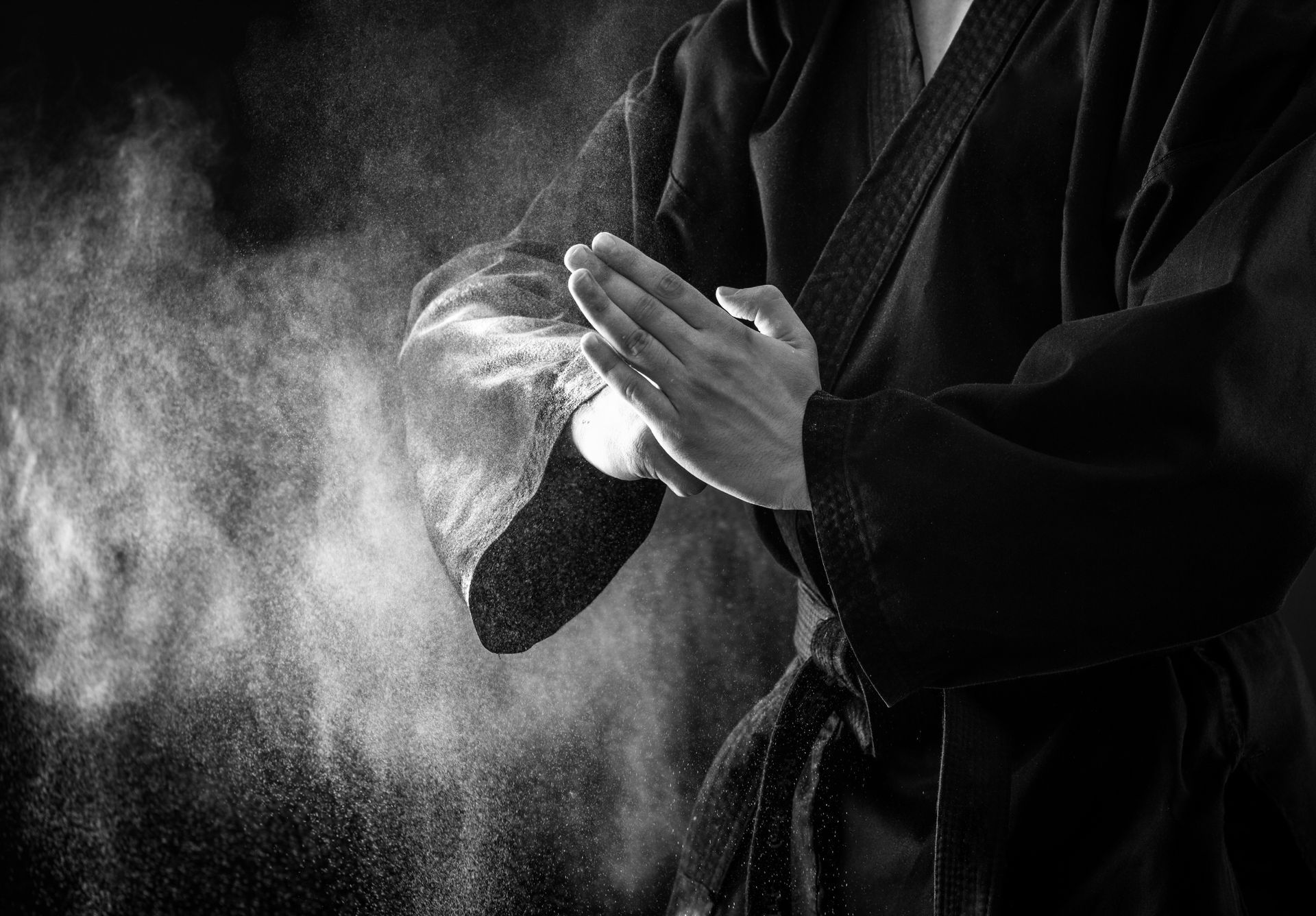Why inclusion is so important for mental health

For social creatures like humans, exclusion can be highly damaging.
Life isn’t easy for anyone. After all, we all face hurdles, challenges, setbacks, disappointments, and loss, among all the other things that life throws our way from time to time. However, it’s always important to remember that life is more difficult for some people than it is for others.
If a person feels like they’re excluded from society, then the difficulties of life extend beyond the commonly experienced bad moments. The difficulties can become a day-to-day burden. If you feel included in society, then you may not be aware that there are humans out there that don’t feel that way. But they’re there — and their numbers are probably greater in number than you realise.
It’s bad news that people feel excluded. The good news is that there are things we can do to eradicate that problem. By working to create an inclusive society, we can ensure that no one feels left out — and that’s something that can have a terrifically positive impact on the mental health of all people.
In this blog, we’ll take a deeper dive into inclusion and the benefits it can bring, as well as run through some actions society can take to become more inclusive moving forward.
What is an Inclusive Society?
Let’s begin by thinking about what an inclusive society actually is. There’s nothing overly complicated about the term. Essentially, it just describes a society where everyone feels welcomed, feels like they’re a part of the broader community, and has the freedom and resources to live their best lives.
It’s an idea based on respect for all humans, not just the ones who have historically been in control. In an inclusive society, every voice matters, and everyone has the same opportunities.
The Benefits of an Inclusive Society
An inclusive society can be transformative, both for the individual and the collective. Let’s focus, first, on the direct benefits that it would have on the individual.
Studies have shown that social exclusion can bring a whole host of negative health issues related to both the physical and mental well-being of the individual. For example, they’re more likely to have low self-esteem, have feelings of loneliness and isolation, and have physical health issues.
These links may sound far-fetched at first, but when you look at the social makeup of human beings, they’re entirely logical. We’re a social species, after all, and if a person feels that they don’t belong to the broader human family, then it’s inevitable that there will be repercussions.
To see the importance of social connection, we need to look no further than the lives of those who live in the world’s “blue zones,” the regions where human beings live the longest. The extensive social connection that residents of these areas experience is often cited as a key reason why they live so long. We really are a social species.
Society progresses in line with social inclusion, too. It can produce a positive feedback loop that benefits all of us. People who feel included in society achieve higher academic grades, are happier and are more likely to exhibit inclusive behaviour towards others. If everyone in society has that experience, then the future of the country will look much brighter.
Social Exclusion: Unevenly Distributed
Social exclusion can affect people of all backgrounds, abilities, and incomes. But it’s an issue that affects certain people more than others. For example, it can disproportionately affect those with a disability.
If you’re an able-bodied person, then you’ll likely have a feeling that the world just ‘works.’ However, while that’s true for you, it’s not true for everyone. People with disabilities can have a vastly different and more negative experience of the world — and that’s largely because many aspects of life are designed without their needs in mind. As a result, those with disabilities may find that they’re unable to have the same level of experience as other people; for example, they may be unable to participate in certain activities, access certain resources, or build a career in a profession of their choosing.
All of these factors and more can have a negative ripple effect. Without these options, people with disabilities can find it difficult to earn money, build relationships, and stay fit and healthy. If those possibilities are denied to a person, then it’s much more likely that they’ll face mental health issues. And if those issues are allowed to develop without intervention, then there could be much more serious consequences, such as losing the will to live, an issue that the organisation RUOK actively aims to address.
How Do We Make Society More Inclusive?
OK, by this stage of the article, we’ve determined that social inclusion is important. The question now is how do we make society more inclusive? There’s no instant fix, but there are certainly many steps that we can take at an individual and collective level that would push society in the right direction. Some examples of these actions include:
- Enhancing employment opportunities
- Enhancing political participation for people with disabilities
- Incorporating disability teachings and history into the education system.
- Offering more higher-education funding for people with disabilities.
- Promoting social inclusion in schools from an early age.
- Treating all people as individuals, regardless of their physical ability.
These steps wouldn’t make the world more inclusive overnight. But who knows what they might lead to in 5, 10, 20 years or more? We know where we’ll be if we don’t take action; if we do take action, it could be transformative. And that’s for all people, not just those being included.
Final Thoughts
If you feel included in society, then it’ll be hard to imagine what it would be like to feel excluded. But there are people out there living that experience, and, as a society, it’s our moral duty to ensure that no one feels left behind. An inclusive society will happen when we all want it to happen. Let’s make today the time when we begin the journey towards making the world a better place — for everyone.
News & Insights
Check Our Latest Resources







